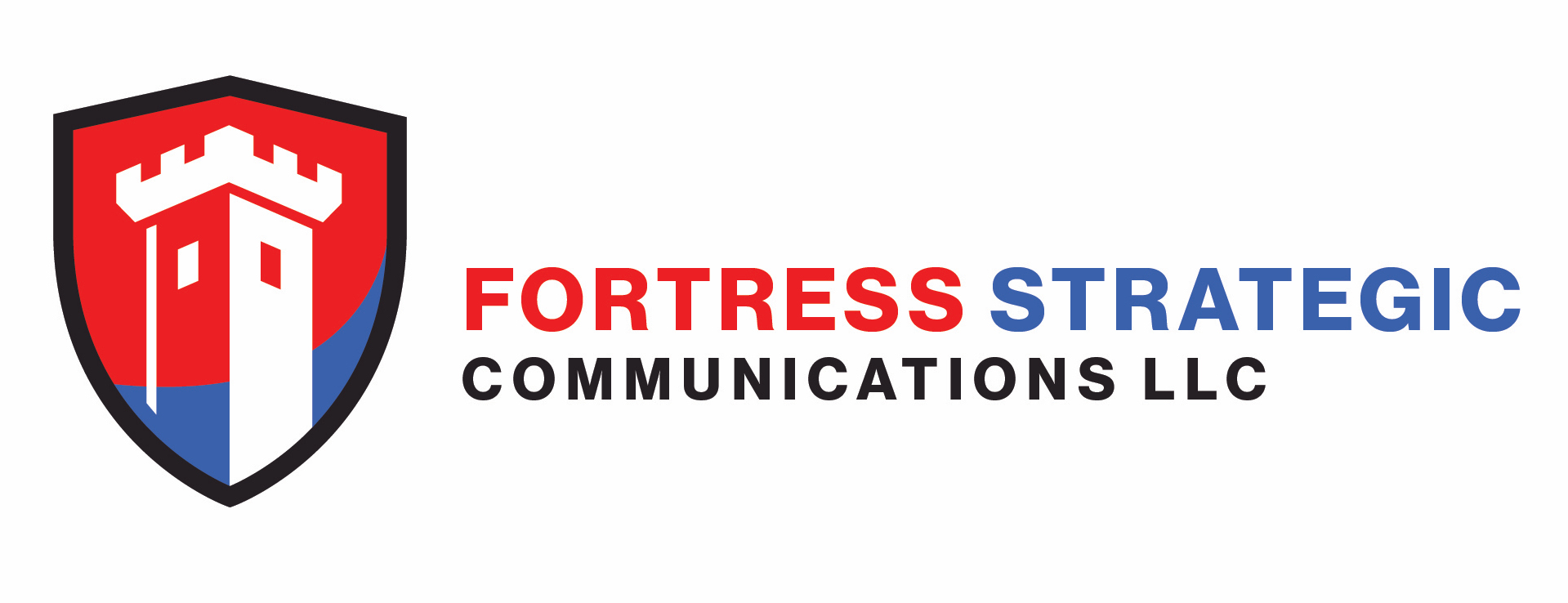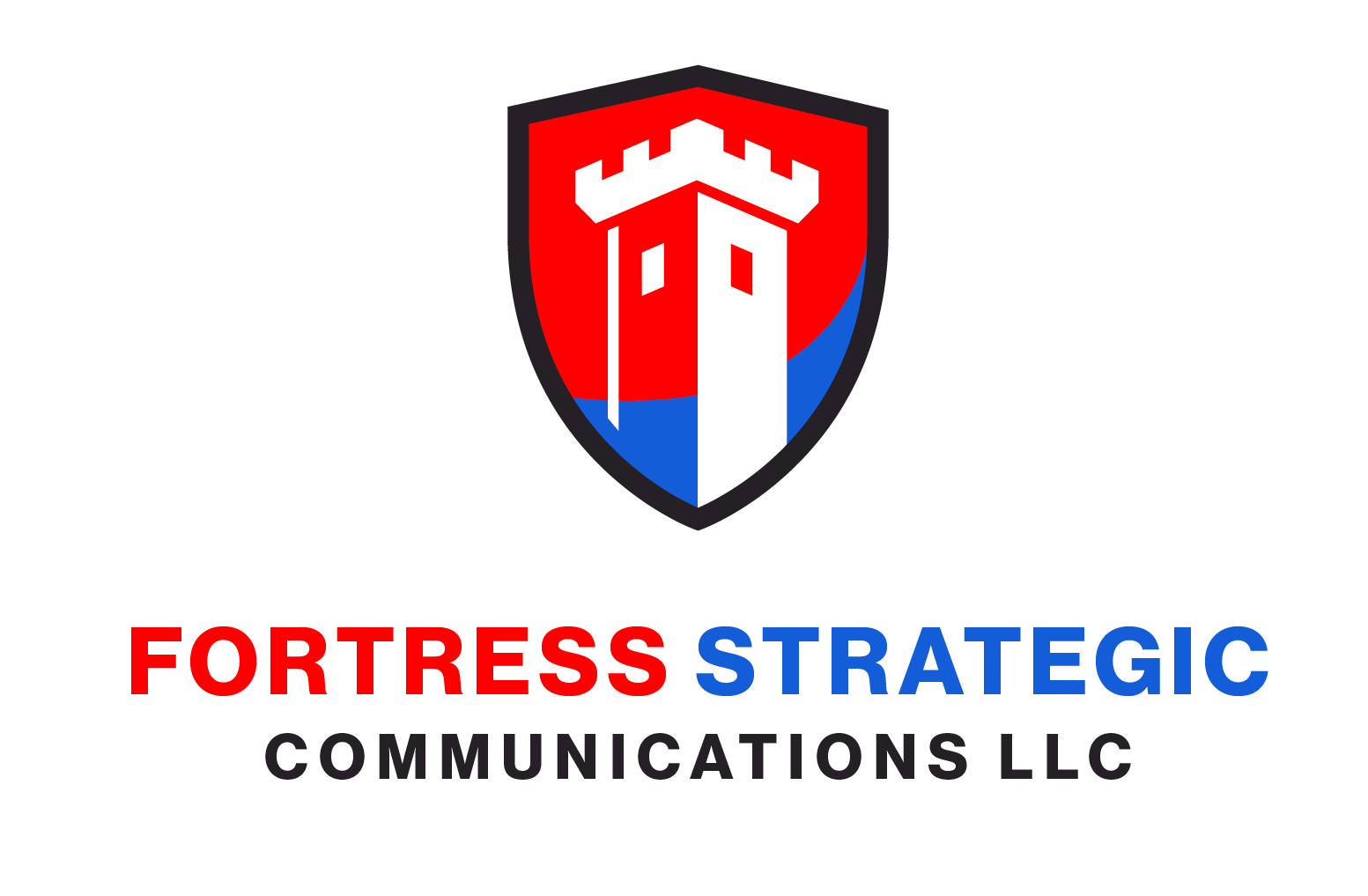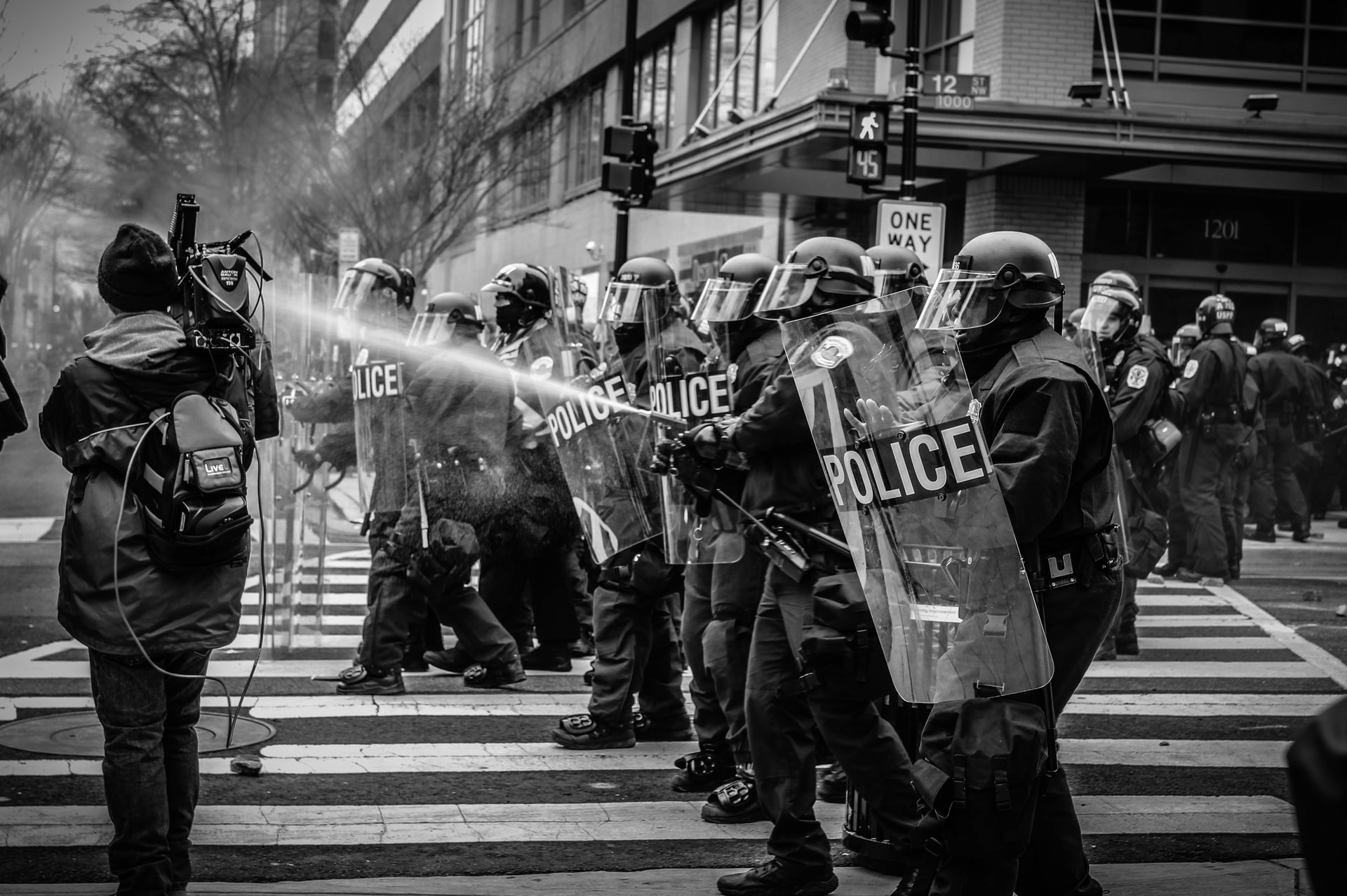Top 10 Challenges Executives May Face During Media Interviews and How to Overcome Them

Speaking to the media is viewed by some company spokespeople as highly stressful and sometimes something that they would choose not to do. Many fear making mistakes, being misquoted, or at worst, ambushed by questions on issues they would prefer not to discuss.
Mastering media interviews is beneficial on many levels for spokespeople, their companies, and the brands that they represent. Executed well, a great interview facilitates, shaping public perception, positions the spokesperson as a subject matter expert, effectively communicates key messages, positions services and solutions, counters the messaging of competitors, and builds and maintains reputations.
Despite these benefits, and spokespeople knowing what the advantages of an interview are, there are several challenges that often negatively impact the outcome of interaction with the media.
Based on 25 years of advising corporate executives all over the world I wrote this article which outlines the top ten challenges faced by company spokespeople during media interviews and offers ten practical solutions to overcome them.
The top 10 media interview challenges and their solutions include:
1. Lack of preparation
Many executives underestimate the importance of interview preparation.
A lack of rehearsal and preparation will lead to a poor media outcome. Executives who are poorly prepared will likely stumble over their words, deliver disjointed messages, and fail to address difficult questions effectively. Importantly, executives who are poorly prepared will potentially lose credibility, come across as unconfident, and unable to deliver a coherent message. Corporate credibility will be lost and there could be reputational damage.
Obviously, there are some interviews – such as ambush interviews – where a reporter ambushes a spokesperson, cornering them for an unscheduled interview and fires questions at them.
Solution: Being prepared for an interview is a multi-faceted process. Executives are advised to conduct research on the reporter including their previous stories or interviews on the topic, understanding the journalist’s publication/outlet, gaining insights into current market issues and trends, and working on key message formulation. Most importantly, going through a role play dry run where a colleague asks the spokesperson difficult questions is important. This process allows them to practice handling tough questions.
2. Navigating tough questions
Media interviews sometimes involve probing questions designed to challenge the spokesperson and provide insights to the medium’s audience. Executives may struggle with questions about controversial issues, company failures, actions by competitors, or even deep insights into current events and industry trends. Some lose focus and often deviate off topic. Recipients are quick to pick this up and this could impact the perceptions of the spokesperson.
How an executive responds, articulates their message, and ‘leads a reporter away from the question to the next question’ with solid and poised answers will enhance the spokesperson’s confidence and believability.
An inability to navigate a tough question will also impact the public and stakeholders’ perspective of the spokesperson and potentially ‘push’ the journalist to look for additional insights from competitors. It could also keep an issue in the public domain longer than it needs to be, particularly if the interview topic is about a sensitive issue.
Solution: The ability to navigate tough questions is directly linked to interview preparation and media training.
Executives must focus on developing and practicing key messaging that is clear and concise. While some messaging will be generic and can be used for all interviews, others will be specific to each interview and will have to be prepared prior to speaking to a reporter. It is advisable for executives and spokespeople to have a company messaging matrix that is easily accessible and updated regularly.
3. The art of the soundbite
Knowing how to answer a question is vital to a successful media interview outcome. Some spokespeople know how they want to answer a question but as soon as they start talking, they waffle their way through the response delivering a longwinded answer.
This can cost them the interview because they lose the opportunity to communicate efficiently and effectively, and may only deliver part of their core messaging, if at all. Longwinded answers can cause executives to lose focus, go off message, and they then find it hard to get back on track.
Solution: Executives need to become proficient in the art of the soundbite. They need to train themselves to answer questions using four key facts in four sentences or less. When answering questions, they must ensure that they understand what the reporter is asking, can immediately address the core issues of the question, and provide facts or opinion that are easy to comprehend and retain. Obviously in some instances more than four sentences and facts will be acceptable, for example if an executive is asked to ‘provide insights into why XYZ happened’ or ‘where do you see your industry sector going over the next six months and why?’
There is an art to soundbites. It requires the spokesperson knowing what key points need to be communicated, understanding the question, and not having to overthink the question, or the response.
4. Non-verbal communication
Non-verbal communication plays an important role in media interviews and contributes significantly to messaging believability and spokesperson credibility.
Some of the non-verbal communication aspects that could cost a spokesperson their interview while dealing with reporters include sighing when a question is asked, laughing at the question thereby belittling the reporter, rolling the eyes, looking away, smirking, appearing bored, or wearing the incorrect clothing for the interview etc.
Solution: Spokespeople want to ensure that their body language supports their messaging. This includes maintaining eye contact with the interviewer, not fidgeting, controlling any signs of nervousness, controlling facial expressions and hand gestures. Executives may unintentionally convey nervousness or defensiveness through their body language, undermining their verbal messages.
There must be a synergy between body language and spoken words or messaging, to effectively deliver a message. If body language and messaging are not working in concert, then recipients will not believe what is being said and may view the spokesperson as disingenuous, untrustworthy, unbelievable, or even rude.
5. Perceived media bias
Sometimes a spokesperson may associate a journalist or outlet with a particular political, social, or issues-based standpoint. For example, some outlets are seen as supportive of a particular political party, or journalists are seen as pro or anti a particular issue. This must be avoided at all costs – as difficult as it may be – as it is likely to directly impact the spokesperson’s ability to deliver their message from a neutral standpoint – and deal with the issue only – thereby influencing the positive outcome of the interview.
In addition, journalists may approach the interview with their own bias on a particular subject. This perspective may differ from the company spokesperson’s perspective. A common mistake made by some spokespeople is to become defensive, antagonistic, or even combative in their responses.
Solution: Executives who may have a negative view of a journalist or publication based on a political, social, or policy perspective should push these views or opinions aside and focus on the interview. The ability to do this starts with media training and focusing on the opportunity presented.
Leading questions must be redirected using positive messaging. One tactic is to ‘lead’ the interviewer to positive achievements by the company, its executives, and solutions. Professionalism is key; anything less will cost the spokesperson the opportunity.
Every interview must be seen by spokespeople as an opportunity to communicate key messaging and to present a balanced and well-thought-out response to a reporter’s question.
6. Expecting the unexpected
Spokespeople that are not media trained and are inexperienced with media interviews often have major anxiety when facing live interviews and having to respond to unscripted questions from reporters. Some of these executives are not able to think on their feet and ‘move with the interview’ while maintaining their composure.
Media interview anxiety, and other elements, often lead to unexpected consequences when responding to questions. These could include mumbling, stuttering, an inability to maintain eye contact, a change in non-verbal communication, and an unwillingness to move with the flow of the interview.
The takeaway is that recipients of the interview may perceive the spokesperson as ‘incompetent’ and not being a great ‘representative of the company.’
Solution: Media interview preparation is important, and media training is paramount, so is having the right spokesperson identified in advance of an interview. Spokespeople, or their communication advisors, should develop strategies and techniques for responding to unexpected questions.
Part of this preparation must include potential scenarios, and ‘ready-to-go’ answers to particular questions that can be amended on the go. Having a corporate crisis communications plan that covers dealing with media questions and different interview types is highly advisable.
7. Building a relationship with journalists
Media relations is one of the core components of any public relations campaign. It builds spokespeople, brands and reputations, making them understood, recognizable, and trustworthy.
Having a positive relationship with a reporter built on honesty, mutual respect and understanding, directly impacts the type, nature, and outcome of an interview. Executives must have great interpersonal skills and a full understanding of the media’s operational landscape to effectively build a relationship with a journalist. This takes time and is worthy of the investment.
While a reporter will do the best job possible to cover the news or issues the spokesperson will feel comfortable and less exposed because they will have built a relationship with the journalist.
Solution: Executives should never have an adversarial view of the media. They should look to cooperate and work with a journalist. This is often done in yet still maintain their company see the media as an extension of their communication value chain.
A positive interview commences before the interview starts. As previously mentioned, executives should commence preparation by familiarizing themselves with the reporters work, publication/broadcast channel, and latest stories. They should also seek to break the ice with the journalist before the interview starts, if possible. This often cascades into the tone of the interview.
Media relationships require the spokesperson to be actively involved in meeting with and speaking to all types of reporters when relevant and opportune. This means that when it comes time for the reporter to speak to a spokesperson for a news story, or feature article that they are working on, the relationship is already in place.
8. Beating the ‘deer in the headlights’ syndrome
Media interviews can be stressful, leading to anxiety, which in turn negatively affects the spokesperson’s ability to communicate effectively.
Executives that panic during a media interview may struggle to maintain their composure under pressure. This leads to poor message delivery which will directly impact their believability and how their stakeholders perceive them.
Telltale signs of an executive who is anxious and stressing out in an interview include sweating, fidgeting, combative responses to questions, responding to questions using unclear answers or ‘word salads,’ tripping over words, using an excessive amount of ‘ahem,’ and more.
Solution: Communication anxiety can be overcome by preparing in advance for an interview. Media training definitely helps as does experience – doing many interviews teaches spokespeople what to expect from an interview and how to respond to journalists.
Executives that know their messaging, understand how to insert key messages into the interview, and are subject matter experts will manage an interview more confidently.
In addition, prior to an interview starting, focusing on deep breathing, positive affirmation, and visualization of a successful outcome also helps.
9. Communicating complex facts clearly
In many interviews, particularly those focusing on financial aspects, business deals, law, technology, science, and medicine, spokespeople need to communicate complex concepts in ‘plain speak’ – simply.
Obviously, there is less pressure on spokespeople to do so when facing a trade or specialized journalist who usually has deeper insights. However, when they are dealing with the mainstream media whose audience is the man in the street who generally does not have the deeper insights and knowledge to fully grasp complex issues, then a concerted effort must be made to communicate in simple terms.
Failure to communicate things in an easy to digest manner will lose or confuse recipients and the reporter at best, and at worst, potentially open up a door to a new issue.
Solution: When discussing difficult topics, executives should communicate complex things simply, and succinctly. This is done by firstly breaking down information into digestible components and simplifying messaging. One strategy that executives may want to consider, depending on the interview topic, is to use analogies or examples to clarify points.
Spokespeople should also focus on communicating in soundbites. Jargon should be avoided at all costs.
10. Getting past ethical and legal challenges
It is not uncommon for an interview to touch on sensitive legal or ethical issues. This poses a challenge for the executive. While they have to be transparent and retain the journalist and public’s trust, they also have to avoid compromising their company, its sales, and their clients. Saying the wrong them could have major repercussions. Avoiding the question could present a different set of challenges.
Solution: Companies should have a messaging policy that includes what executives can and cannot discuss with the media. Before every interview, spokespeople should review the document to ensure nothing is missed. Part of the messaging policy must include how to respond to questions that cannot be answered. For example, saying ‘no comment’ is neither an answer nor an option.
In certain circumstances this policy may need to be amended depending on the interview topic. When this scenario arises, legal advice must be taken to ensure governance and compliancy are adhered to and corporate reputational risk is minimized.
Conclusion
Successfully conducting a media interview is dependent on preparation, coherent messaging, and being able to ‘read the interview’ and flexibility. Overcoming the challenges mentioned above will increase a spokesperson’s chances of having a successful media interview. The spokesperson’s credibility and the reputation of their company and all its internal and external stakeholders benefit from a positive media interview.
— ENDS —
About Fortress Strategic Communications:
Fortress Strategic Communications provides specialized strategic public relations and media relations consulting to companies that offer services, and solutions used by the law enforcement, public safety, physical security, homeland security, intelligence, military, enterprise risk management, and emergency management sectors. Our clients mitigate all types of risk, safety and security threats for businesses, governments, and the public. We have over 25 years of global experience in a broad array of vertical markets. For more information, please visit www.fortresscomms.com
Further Information:
Evan Bloom, CEO





